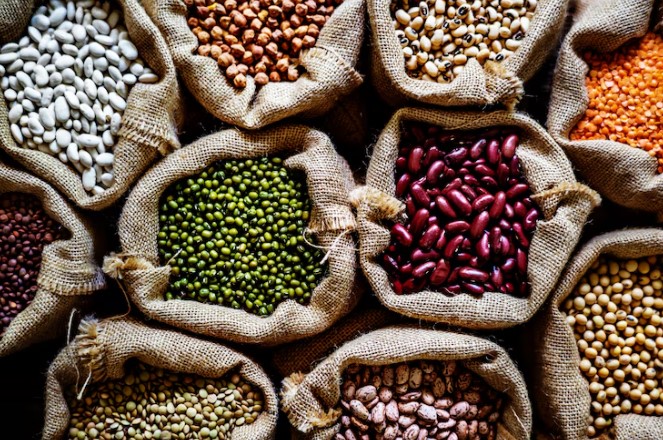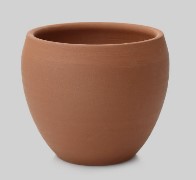No products in the cart.
Pulses are a group of edible seeds from plants in the legume family. They are a staple food in many parts of the world and are rich in protein, fiber, and essential nutrients. Pulses include a variety of beans, lentils, peas, and chickpeas. Here’s an overview of pulses:
Common Types of Pulses:
- Lentils (Masoor Dal, Toor Dal, Moong Dal, etc.):
- Red Lentils (Masoor Dal): Fast-cooking lentils often used in soups, stews, and Indian dal.
- Split Pigeon Peas (Toor Dal): A common lentil in Indian cuisine, used in dishes like sambar and dal.
- Green Gram (Moong Dal): These lentils are used in soups, curries, and for making mung bean sprouts.
- Chickpeas (Garbanzo Beans, Chana):
- Kabuli Chana: Larger, beige-colored chickpeas often used in hummus, curries, and salads.
- Kala Chana: Small, dark-colored chickpeas with a nuttier flavor, used in Indian curries and stews.
- Peas (Green Peas, Split Peas):
- Green Peas: Fresh or dried, green peas are often used in soups, stews, and curries.
- Split Yellow or Green Peas: Used in soups and stews, split peas cook faster and have a creamy texture.
- Beans (Rajma, Kidney Beans, Black Beans, etc.):
- Rajma (Kidney Beans): Popular in North Indian dishes, particularly the curry Rajma Chawal.
- Black Beans: Common in Latin American cuisine, used in burritos, soups, and rice dishes.
- Adzuki Beans: Small red beans often used in Asian dishes and desserts.
- Black Gram (Urad Dal):
- Used in dishes like Dal Makhani and idli/dosa batter. Black gram has a rich, creamy texture when cooked.
Nutritional Benefits:
- High in Protein: Pulses are a great plant-based protein source, making them essential for vegetarians and vegans. They help in muscle growth and repair.
- Rich in Fiber: The high fiber content promotes healthy digestion, aids in weight management, and helps control blood sugar levels.
- Low in Fat: Pulses are naturally low in fat and contain no cholesterol, making them a heart-healthy food option.
- Vitamins and Minerals:
- Rich in B vitamins, including folate, which is important for DNA synthesis and cell growth.
- Good sources of iron, magnesium, potassium, and zinc, essential for various bodily functions.
- Gluten-Free: Pulses are naturally gluten-free, making them suitable for people with celiac disease or gluten sensitivities.
Culinary Uses:
- Indian Cuisine: Pulses are used in a wide variety of dishes such as dal, curries, soups, and stews. Lentils like masoor, toor, and urad are the main ingredients in traditional Indian dal dishes.
- Middle Eastern Cuisine: Chickpeas are used in hummus, falafel, and stews, while lentils are common in soups and salads.
- Latin American Cuisine: Beans such as black beans, pinto beans, and red kidney beans are used in burritos, chili, and rice dishes.
- Mediterranean Cuisine: Lentils, chickpeas, and fava beans are widely used in salads, soups, and dips.
Health Benefits:
- Heart Health: The fiber and potassium in pulses help lower blood pressure and cholesterol levels, reducing the risk of heart disease.
- Weight Management: High in protein and fiber, pulses help you feel full longer, aiding in weight control.
- Blood Sugar Control: Pulses have a low glycemic index, which helps regulate blood sugar levels, making them beneficial for people with diabetes.










